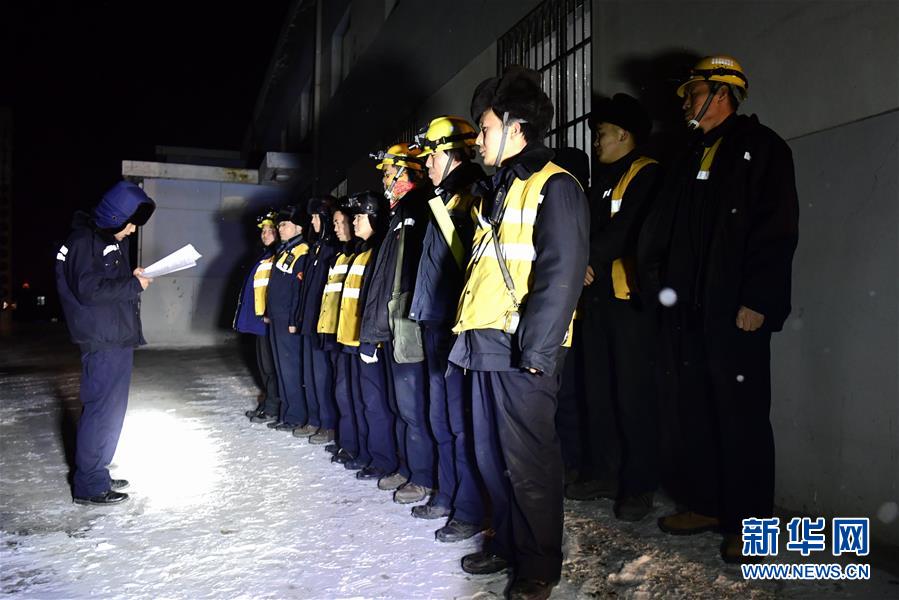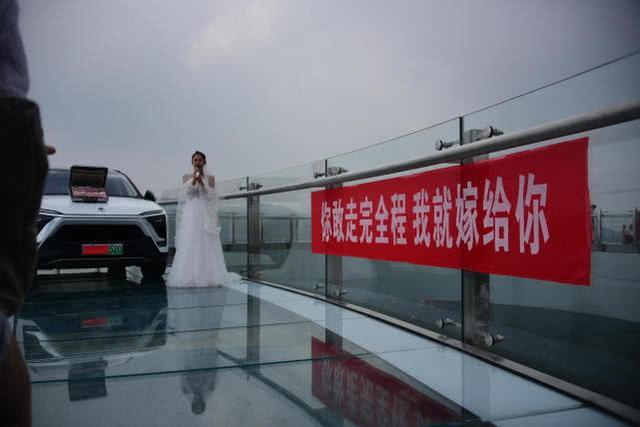中国消费者报上海讯(陈源 记者刘浩)日前,蝙蝠侠上海市金山区市场监管局亭林所根据举报线索,打击多件突击检查了位于金山区亭林镇亭枫公路一处仓库,侵权查获假冒“蝙蝠侠”商标的假冒金山假冒服装1385件、假冒“超人”商标的行动服装1078件。

上海市金山区市场监管管局开展专项检查活动。上海涉及
经查,查获超人龚某等人从非正规渠道购入该批次假冒“蝙蝠侠”和“超人”的服装侵权产品,并通过某平台网店低价对外销售牟利,品牌该局已依法对当事人处以没收侵权商品并罚款的蝙蝠侠行政处罚。该局将继续严厉打击侵犯知识产权的打击多件违法行为,构建良好的侵权知识产权保护环境。
假冒金山假冒责任编辑:24(责任编辑:游戏竞技)
 6月18日上午,青岛金晶创立30周年暨压延三线技改投产仪式举行。西海岸新区工委副书记、区长王清源出席活动并致辞。王清源在致辞中指出,西海岸新区坚定不移把实体经济作为立区之本、强区之基,聚焦“5+5+7
...[详细]
6月18日上午,青岛金晶创立30周年暨压延三线技改投产仪式举行。西海岸新区工委副书记、区长王清源出席活动并致辞。王清源在致辞中指出,西海岸新区坚定不移把实体经济作为立区之本、强区之基,聚焦“5+5+7
...[详细]今年光伏市场规模可达30GW 分布式有望占据三分江山,市场研究
 5月4日,国家能源局发布2017年靠前季度光伏规模建设和发电情况。从发布的数据来看,集中式光伏电站与分布式光伏电站新增装机“一降一提”态势明显;同时,与2016年同期相比,光伏发电量虽大幅增加,但西北
...[详细]
5月4日,国家能源局发布2017年靠前季度光伏规模建设和发电情况。从发布的数据来看,集中式光伏电站与分布式光伏电站新增装机“一降一提”态势明显;同时,与2016年同期相比,光伏发电量虽大幅增加,但西北
...[详细]新配色Air Jordan 1 Low “Dune Red”质感很不错
 如今,Air Jordan 1已经成为了一种潮流文化的象征,它代表着篮球、街头文化和时尚的融合,不仅是运动明星们喜欢穿着Air Jordan 1出场,许多音乐家,艺术家对它所展示的潮流文化也是比较认同
...[详细]
如今,Air Jordan 1已经成为了一种潮流文化的象征,它代表着篮球、街头文化和时尚的融合,不仅是运动明星们喜欢穿着Air Jordan 1出场,许多音乐家,艺术家对它所展示的潮流文化也是比较认同
...[详细] 在环境科学与工业检测领域,重金属离子的检测一直是确保产品质量与环境保护的重要环节。基于多年在这一领域的探索与实践,我深刻体会到,准确、高效地检测重金属离子,离不开高精度的基准物质。重铬酸钾滴定溶液标准
...[详细]
在环境科学与工业检测领域,重金属离子的检测一直是确保产品质量与环境保护的重要环节。基于多年在这一领域的探索与实践,我深刻体会到,准确、高效地检测重金属离子,离不开高精度的基准物质。重铬酸钾滴定溶液标准
...[详细] http://upload.mnw.cn/2021/1202/1638430206387.jpg...[详细]
http://upload.mnw.cn/2021/1202/1638430206387.jpg...[详细] 黑龙江垦区横跨小兴安岭南麓、松嫩平原和三江平原地区, 土壤类型多样且降雨分布不均导致各地区土壤墒情差异明显。开展集成物联网技术、遥感技术、GIS技术、网络技术、云计算等技术为一体的土壤墒情监测技术体系
...[详细]
黑龙江垦区横跨小兴安岭南麓、松嫩平原和三江平原地区, 土壤类型多样且降雨分布不均导致各地区土壤墒情差异明显。开展集成物联网技术、遥感技术、GIS技术、网络技术、云计算等技术为一体的土壤墒情监测技术体系
...[详细]定制版本 J Balvin x Air Jordan 4质感也异常迷人
 自曝光以来就被冠上了美誉的鞋款有很多,像我们所知悉的耐克Air Max系列,它作为Nike非常出名的气垫鞋款之一,设计风格无疑是非常大胆前卫的,几乎是不挑性别与年龄的一款产品,受众群体很是广阔。并且,
...[详细]
自曝光以来就被冠上了美誉的鞋款有很多,像我们所知悉的耐克Air Max系列,它作为Nike非常出名的气垫鞋款之一,设计风格无疑是非常大胆前卫的,几乎是不挑性别与年龄的一款产品,受众群体很是广阔。并且,
...[详细] https://image11.m1905.cn/uploadfile/2024/0411/20240411095619293258.jpg|https://image11.m1905.cn/uplo...[详细]
https://image11.m1905.cn/uploadfile/2024/0411/20240411095619293258.jpg|https://image11.m1905.cn/uplo...[详细]